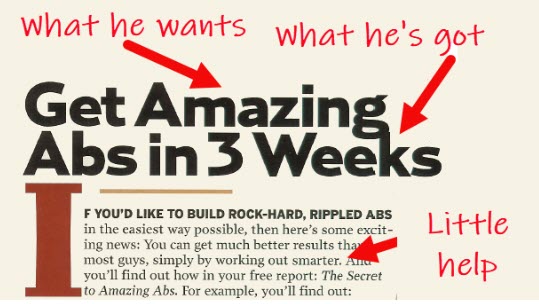What does it really take to get people get off their butts and take action?
New data coming from the push for Covid vaccines reveals critical insights into 3 critical elements of a message that moves people.
Regardless of your feelings about the vaccine, these insights can help you crank up your conversion rate in any scenario where you need to be persuasive
Not in the mood to watch a video?
No problem.
I’ll give you a brief overview of the 3 copy “nudges” right here.
[Bonus] Tip #0: Make sure you’re communicating with your audience.
Don’t expect them to know what you want them to do or when to do it.
In the video, I mentioned a 23% increase in “conversion” just by sending a text message telling people their vaccine was ready. I saw another study in which the SMS message nearly doubled the number of people who were vaccinated.
Tip #1: Your messaging must have a call-to-action.
If you want someone to MOVE, tell him to move.
Don’t count on your offer “selling itself.” Don’t simply provide information and expect your reader to take the appropriate action spontaneously.
Tip #2: Make the desired action as simple and easy as possible.
Any additional difficulty or complexity – real or imagined – will decrease the likelihood of your reader doing what he needs to do.
The closer you get to offering a magic pill, the better in most cases.
Tip #3: Increase motivation by implying ownership, e.g. “claim your widget.”
Humans are reluctant to give back or lose out on what’s theirs. (It’s called the endowment effect.)
We’re also prone to going along with the default selection when given choices. (It’s called default bias.) Show people their options, and make your desired action the default. You’ll likely see an increase in conversions.
The studies done show with statistical certainty that this stuff works. But they also show that different audiences require nuanced messaging.
No one-size-fits-all messaging.
Now, how do you plan to work these 3 copy nudges into your marketing?
I’d love to hear your thoughts.




